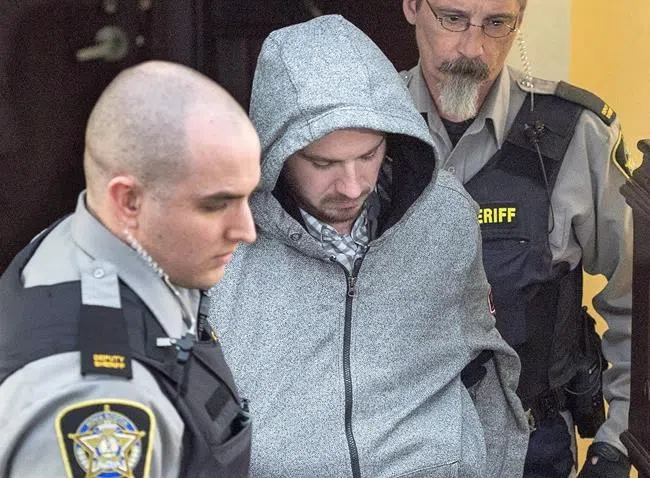
Closing arguments to begin at Nicholas Butcher’s murder trial in Halifax
HALIFAX — Before he allegedly killed his girlfriend and cut off his hand, Nicholas Butcher was highly educated and underemployed.
Butcher, 36, told his murder trial that he studied history during his five-year undergraduate degree at McGill University, and earned a master’s degree in history. He partially completed a PhD at McMaster University, then applied to Dalhousie University’s Schulich School of Law.
Butcher — a stocky man with closely cropped hair, beard and moustache — starting dating Kristin Johnston shortly after graduating from the Halifax law school in 2015.
But by the time he allegedly stabbed the Montreal-born yoga instructor to death on March 26, 2016, Butcher had yet to article with a law firm — required to become a licensed lawyer. He testified that he spent the entire previous summer looking for a position.
